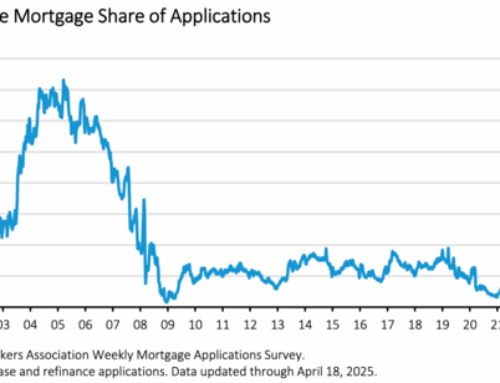The mortgage industry reacted positively to the announcement that Bill Pulte, philanthropist and head of investment firm Pulte Capital Partners, will be nominated to lead the Federal Housing Finance Agency.
Industry leaders and mortgage trade groups said Pulte’s investment firm’s focus on housing supply companies could lead to more affordable housing options for homeowners and an increase in the supply of homes on the market.
Others, however, cautioned that if Pulte is confirmed to lead the regulator of Freddie Mac, Fannie Mae, and the Federal Home Loan Banks — a likely outcome given the GOP majority — he should take a cautious approach to privatizing the government-sponsored enterprises.
President-elect Donald Trump’s team is considered likely to resume his first-term efforts to end the conservatorship of Fannie Mae and Freddie Mac. If the GSEs are privatized, FHFA’s role will be redefined, if not entirely eliminated, as some have speculated.
David M. Dworkin, president and CEO of the National Housing Conference, recounted his firsthand experience working with Pulte in Detroit after the city filed for bankruptcy in 2013, which left a good impression.
“While Bill isn’t well known in Washington, we worked together in Detroit and I can say firsthand he is passionate about affordable housing and community development, as well as deeply knowledgeable about the housing market and homebuilding industry,” Dworkin wrote in a statement Thursday. “When Detroit was at its lowest point during the bankruptcy in 2013, Bill came home to work in communities hardest hit by the foreclosure crisis.”
Ryan Donovan, the CEO of the council of Federal Home Loan Banks, an entity the FHFA oversees, wrote in a statement that he looks forward to collaborating with Pulte “to ensure the FHLBanks remain well-positioned.”
And Mat Isbhia, the CEO of United Wholesale Mortgage, dubbed Pulte “an excellent choice.”
“Having someone with industry experience who understands both housing and mortgage, as well as the challenges we need to overcome, is a win for the entire industry and consumers across the country,” Ishbia commented.
Meanwhile, a note from investment firm BTIG pointed out that Pulte, not being a “creature of D.C.,” could be an advantage, as he has no historical political baggage, potentially offering more flexibility on certain issues. The firm also suggested this could be a positive factor in the potential release of Fannie Mae and Freddie Mac from conservatorship.
The investment firm did caution, however, that the lack of a traditional D.C. background could be a double-edged sword “given the inherent complexity of the mortgage market and the political undercurrent.”
But there were also concerns, specifically related to the future of the GSEs.
Laurie Goodman, founder of the Housing Finance Policy Center at the Urban Institute, said Pulte could make decisions that shape the economy for years to come, but to make impactful choices, the soon-to-be FHFA nominee must have the facts.
“As speculation grows on whether or not Fannie and Freddie will be privatized and released from conservatorship, it will be important for the FHFA director to have access to the evidence-based context and insight needed to navigate the complex housing finance ecosystem,” she added.
Peter Idziak, senior associate at law firm Polunsky Beitel Green, pointed out that Pulte’s position on a Fannie Mae and Freddie Mac wind-down isn’t publicly known, which leads to uncertainty about where he stands.
“I hope he will work with the mortgage industry and other stakeholders to ensure that any end of the GSE conservatorships is accomplished with as little disruption to the mortgage markets as possible,” Idziak shared. “An end of the conservatorships without some form of federal backstop of GSE-issued MBS could significantly increase mortgage rates and risk severe losses for both homeowners and lenders.”
A successful exit of Fannie and Freddie from conservatorship could generate over $300 billion of profit to the federal government, hedge fund billionaire Bill Ackman previously said, while also removing $8 trillion of liabilities from the government’s balance sheet.
Others have cautioned that such a move must be meticulously orchestrated in order to prevent massive losses and market chaos.
The news of a potential new head of FHFA being picked comes shortly after current director of the FHFA Sandra Thompson said she would resign from her post on Jan 19.

